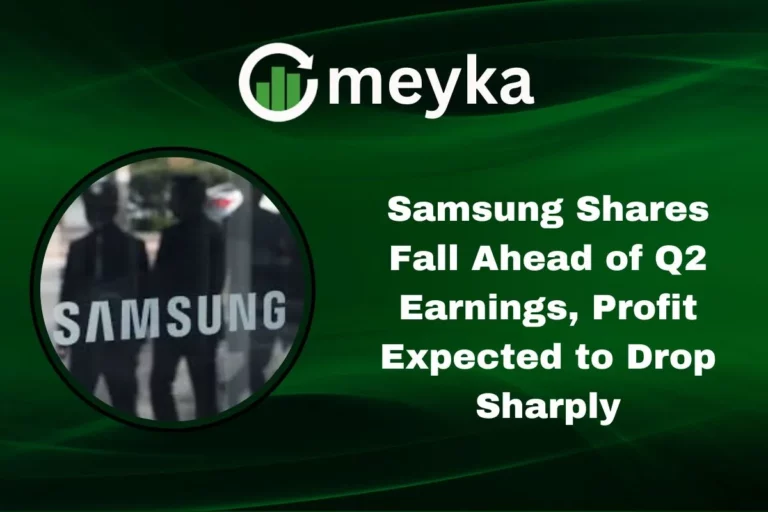Merrill Lynch Targets Moderate Asset Growth as BofA Refines Wealth Management Strategy
Merrill Lynch, one of America’s most recognized wealth management firms under Bank of America (BofA), has announced a refined growth approach aimed at moderate asset expansion through deeper integration with its parent company. The strategy reflects a shift from aggressive expansion toward a more sustainable and client-centered wealth model.
Continue Reading on Meyka
This article is available in full on our main platform. Get access to complete analysis, stock insights, and more.
Read Full Article →





